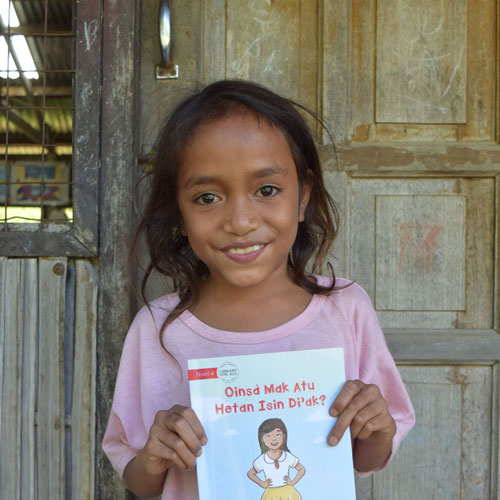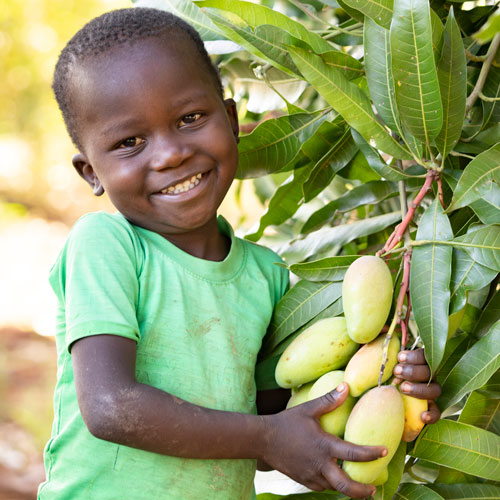Phnom Penh, 31 May 2016: Children comprise a large segment of Cambodia’s population with 35% below the age of 15; regrettably, violence against Cambodia’s children is still high and has immense consequences for them and for Cambodia as a whole.
According to UNICEF (2014), over 50% of children experience physical violence, 25% are emotionally abused, and approximately 5% experience sexual abuse. The health consequences of violence against children in Cambodia totaled US$168 million in 2013, accounting for 1.10% of the country’s Gross Domestic Product (GDP).
In 2007, the Royal Government of Cambodia established Commune Committees for Women and Children (CCWCs) nationwide to assist Commune Councils on any matters related to women and children in each Commune/Sangkat. This is a critical government body at the local level, which has important multi-sector and multi-ministry representation that is important for addressing violence against children (including the health centre, school and police). CCWCs have positive impact on planning, providing support, awareness raising, and responding to issues related to women and children. However, there are a range of factors that hinder them from becoming more successful and addressing the issue of violence against children.
A recent study (conducted by World Vision, UNICEF, Plan International, Save the Children and ChildFund) in 32 Communes/Sangkats across 10 provinces and Phnom Penh showed that CCWCs still lack understanding of their mandated roles and responsibilities, have limited technical capacity, have a complex accountability structure, lack a national network of social services delivery, and have limited budget – all factors that impact their effectiveness and functionality.
This highlights the need for an enhanced policy framework on the role of the CCWCs that will help them to become more successful in preventing and responding to violence against children occurring throughout the Kingdom.
The current policy framework for CCWCs provides guidance on structure and administrative roles; however, it does not provide enough detail for these bodies to fully respond to issues. Many CCWCs have reported struggling with complex accountability structures, challenges coordinating with the social services, a lack of funding, both for basic administrative duties (such as fuel to visit families in need), and challenges in budgeting (through the Commune Investment Plan) for social issues.
In some cases, CCWCs have moved beyond their coordination role and have filled the role of social workers themselves by providing direct services; despite good intentions, these services were often inadequate and in some cases placed children at continued risk. The policy framework must be strengthened to support CCWCs in coordinating with networks, NGOs and government institutions that can provide the services required by citizens.
In response to this, World Vision, Save the Children, and ChildFund, is respectfully requesting the Government of Cambodia to further prioritise preventing violence against children by strengthening the policy framework and role of CCWCs. Specifically:
1. Policies related to CCWCs should be reviewed and amended by relevant Government Ministries (especially Ministry of Interior and Ministry of Social Affairs, Veterans and Youth Rehabilitation) to bring greater clarity to their responsibilities and provide more quantifiable indicators (that can be monitored), detailing the roles and participation of police, health centres, schools commune councilors, and other government actors.
2. The Ministry of Interior and Ministry of Social Affairs, Veterans and Youth Rehabilitation should further collaborate to provide specific training to CCWCs on budgeting for child protection and identification and monitoring of vulnerable children. Training can include the following topics: referral mechanisms, community based care programs, and the negative impacts of residential care institutions.
3. The Ministry of Social Affairs, Veterans and Youth Rehabilitation should adopt a comprehensive social service delivery system that will improve services at the village and commune levels, including a clear funding request to the Ministry of Economics and Finance to implement the system. The system should also clarify how CCWCs should interact with WCCCs.
4. As part of the above system and budget, funding for CCWCs should be increased through an improved and simplified process for securing CIP funds for social services, with a greater focus on prevention activities, data collection, and resources for home visits.








